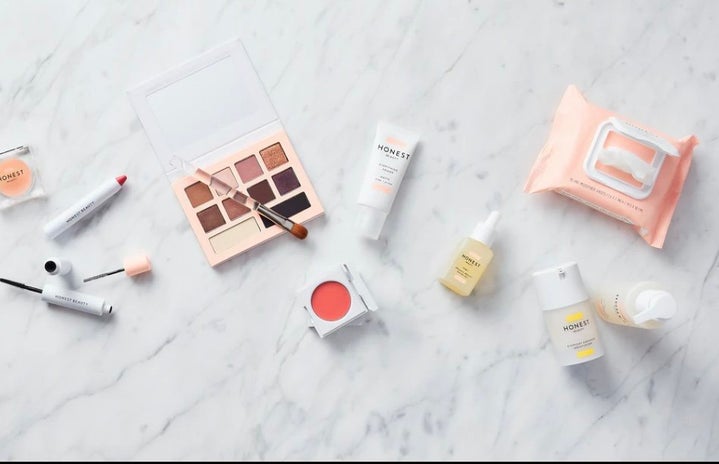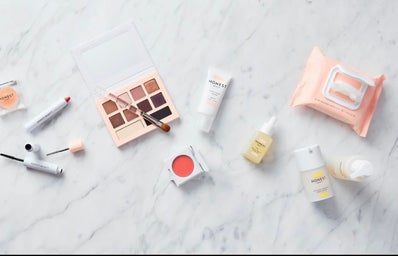One of the most formative parts of a person’s life is their childhood. Children are known to be like sponges, absorbing everything around them and trying to make sense of their lives through a variety of approaches. Because of this absorption of their surroundings, childhood is a very critical period of development, and adults must be careful with what they introduce to the children around them, because these themes can shape their perspectives and values growing up.
Before advanced technology and smartphones emerged, children were entertained by creating new worlds with the objects around them, from the simplest of their surroundings like twigs. Children used their active imagination to make sense of everything around them and entertain themselves at the same time. However, with the emergence of technology, entertainment has been made easily accessible, TV shows accessible at the click of a button and TikTok being readily available to everyone around the globe, children included. Because of this, the themes introduced to children go beyond those that the parents try to introduce, which may be more harmful than helpful.
This was seen at the height of the PlayStation when young boys exhibited violence taken from the violent video games they played. Some of these children went as far as using violence against their peers to bully them.
Nowadays, an equivalent and more prevalent version of this is the phenomenon of tween girls in Sephora. Sephora is one of the largest retailers of makeup and skincare around the world and has received popularity over the last few years due to their methods of appealing to customers, including the array of high-end products sold, and same-day delivery of products bought online.
A raging topic on social media, TikTok especially, is skincare. Many content creators promote skincare brands like Drunk Elephant and post their everyday skincare routines step by step, which is capable of reaching children who possess smart phones and have TikTok downloaded, influencing them to emulate these routines which they are repeatedly exposed to. Due to this repeated promotion, children hear the positives about these skincare products and routines and immediately want to jump on the skincare wagon, mirroring the behaviour which they see online.
The problem doesn’t necessarily lie in their desire to buy skincare products, but in the method by which their wants manifest. Many videos have surfaced on TikTok from previous and current Sephora workers narrating their experiences with the “bratty” girls under the age of 13 who run around the store and fill their shopping carts with £100+ worth of skincare and makeup products, while leaving behind a trail of broken testers and newly unsealed products. These children will sometimes open up these sealed products to try them out or pick out a few items to buy from a boxed set. Moreover, they would snap at employees – sometimes with the use of profanity – if told that a product was out of stock or asked not to unseal any packaged products before buying them.
This behaviour is indicative of a root issue, which is the parenting style used. With the parents allowing such behaviour to be exhibited by their children, they are unintentionally encouraging it on a larger scale. There are 4 main types of parenting. One of these is the ‘permissive parenting’ type, which entails no enforcement of rules or disciplinary measures upon children; providing children with a high level of freedom; and giving them what they want to discipline them. Conversely, a trending style of parenting adopted by today’s Millennial parents is ‘gentle parenting’, which entails being gentle with children while gently establishing rules for them to follow. The aim of this parenting style is to be a friend and a partner to the children while also raising them to respect rules and boundaries. However, many parents use these two terms interchangeably since both emphasise warmth and love towards the children, which can lead to parents adopting gentle parenting to fall into the trap of permissive parenting. With permissive parenting, children are used to getting what they want so long as they comply with their parents’ wishes. This can lead to a lack of self-discipline and proper, non-monetary discipline from parents, which could explain the outbreak of this phenomenon of tween girls.
When the effects of this type of parenting go beyond the family, people fall victim of the behaviour of these children and parents receive criticism for not keeping their children under control. One sentence heard from many of those narrating their experiences on TikTok is “where are their parents?”
When such an experience is recurring on a large scale and has garnered that much attention from a large scale of people, it cannot be brushed off or ignored. Ultimately, these children are still children, they’re still sponges and able to absorb particular behaviours or attitudes of their surroundings, so it’s not too late to revert to true gentle parenting and adopt rules of behaviour in private and in public.


